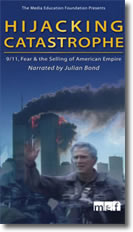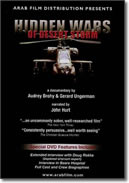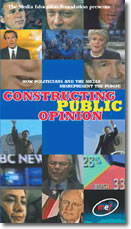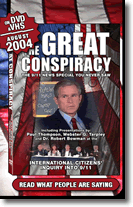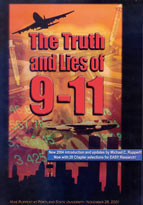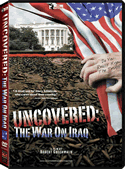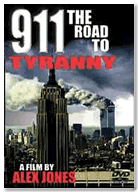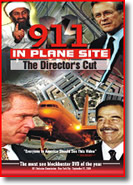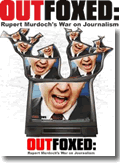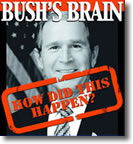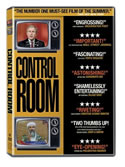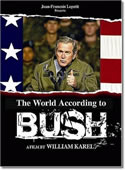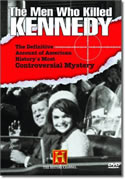|
Public Confused, Conflicted, Poll Finds; Major Polls Alleged
to Distort Poll Results, Says Retro Poll
To: National Desk
Contact: Marc Sapir of Retro Poll,
510-848-3826; 510-466-0237 (pager)
e-mail: Msapir@compuserve.com
web: http://www.retropoll.org
BERKELEY, Calif., May 1 /U.S. Newswire/ -- Using a unique methodology that investigates peoples' background knowledge on subjects before asking their opinions, Retro Poll compares each person's answers to different but related questions. This allows an assessment of the extent to which background knowledge, or its absence, contributes to particular political views.
When Americans hear specific provisions of the USA Patriot act, Retro Poll finds, they oppose the intrusions of this law into their civil rights by wide margin (average 77 percent). Yet when asked what impact the War on Terrorism is having upon civil rights, many of the same people say its "strengthening" or having "no impact" upon their rights (57 percent).
This inner confusion is exemplified by a 37-year-old woman
from Udora, Kansas who rejects each of three provisions of the Patriot Act mentioned in the poll and also opposes the use of torture and lengthy prison detention without trial; she also supports a requirement that the U.S. must prove accusations against other nations before attacking them. However, when asked: "should the U.S. support international efforts to prosecute war crimes," and "should the U.S. make war against Iraq or other countries the government accuses of supporting terrorism when they are not attacking anyone," this same Kansan hesitated, in each case, and replied: "I'm confused. What is Bush for? I want to support the president". One might think that the media would be fascinated with and want to study this contradictory phenomenon.
Retro Poll notes that by reporting overly simplified data that shows people in support of the War on Terrorism, the War on Iraq and the president, the media polls hide this conflict, concealing public resistance to unprovoked war and loss of civil rights. The current poll looked at the background knowledge of those who support unprovoked war in Iraq and elsewhere vs those who don't. Those who believe the disinformation that there is "evidence that Saddam Hussein worked with the 9-11 terrorists" are 2:1 for war (as in a previous Retro Poll), while those who challenge this assertion are strongly opposed to war (60 percent in this poll and 80 percent in the earlier Retro Poll -- these findings are highly significant "p" equals 0.005, "p" is less than 0.001). "Support for the war," observed Poll Director Dr. Marc Sapir, "is largely the result of media's helping to promote false information and fear, via hundreds of appearances by officials and pundits offering unchallenged self-serving propaganda about threats to our security."
The current poll explored the issue of the "climate of fear in the U.S." Sixty one percent of those polled agreed that there is a climate of fear. That group was then given 6 items to rate as contributing "much," "some," "little," or "none" to that climate of fear. When those who said "much" or "some" for each item were combined, the 6 items were ranked as follows: terrorist actions (85 percent) media hype (83 percent); failure to catch Bin Laden (77 percent); homeland security alerts (73 percent); poor relations with other nations (71 percent); Saddam (71 percent); and the anthrax attacker still on the loose (65 percent). With "media hype" getting the most votes for "much" (57 percent) as a cause of fearfulness, the poll provides evidence that the public is very suspicious of the way that TV (where 2/3 get their news) and other media process and manipulate information.
The random poll reached 215 people from 46 states between April 5th and 20th using college student volunteers. Individual questions have an error margin of 7 percent, but the correlations are significant beyond 99 percent. (more details at http://www.retropoll.org).
|

